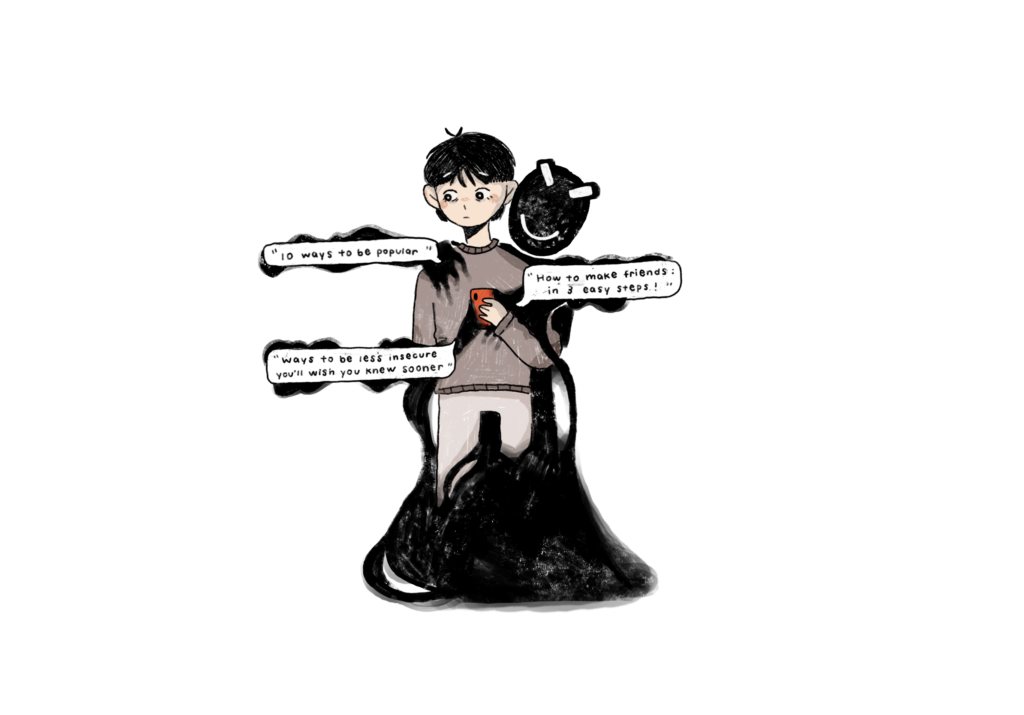
Lillian Huang
“I keep saying to myself, ‘just one more,’” said freshman Mark Gonzalez. “Even though I know it’s addictive, I just can’t stop.”
While this rhetoric is usually associated with substance abuse — marijuana dependence, alcohol addiction — it’s become synonymous with students’ social media usage.
Social media has been a big part of youth culture for almost two decades, and has cemented itself as an integral part of people’s lives. But now, California Attorney General Rob Bonta has formed a coalition of 33 attorneys general to pump the brakes on the multi-billion dollar company for allegedly targeting kids. Meta, which owns and operates Facebook and Instagram, is being sued by 41 states for its addictive features and violation of state consumer protection laws.
The lawsuit claims that Meta knowingly uses strategies to hook users and maximize profit, which causes in turn the growing mental health crisis among children.
“They know what they’re doing,” said health teacher Barbara Beaumont. “Are they making money off it? Absolutely. Can they change it? Absolutely, but they want the money.”
Strategies like infinite scrolling and constant alerts are designed to capture students’ attention and keep them coming back for more. The lawsuit cites research showing that young people’s use of social media is related to anxiety, depression, and insomnia. However, despite concerns and allegations, Meta has continued to reassure parents and the public that their platforms are safe for children. In a statement, Meta said it shares “the Attorney General’s commitment to providing teens with safe, positive experiences online, and [has] already introduced over 30 tools to support teens and their families.”
However, there is still a stigma around social media from students and parents. Four out of five students said that they know social media is addictive, but that it doesn’t change their usage of it.
“Meta has preyed on the vulnerability of young users seeking validation and approval from peers,” said Pennsylvania Attorney General Michelle Henry. According to an analysis of Meta’s Q2 data, ad revenue was up 11% compared to the same period last year, reaching $31.5 billion — that’s $31.5 billion that Meta made at the expense of children’s health across America.
Additionally, the lawsuit accuses Mark Zuckerberg, CEO of Meta, of ignoring warnings from Instagram’s then-Head of Policy about the negative impacts their platforms could have on children’s mental health. Specifically, it focuses on the effects a plastic surgery filter could have on young girls. When the former Policy Head pleaded with Zuckerberg in an email, writing, “We’re talking about actively encouraging young girls into body dysmorphia,” Zuckerberg dismissed these claims and disregarded the company’s own internal research that displayed the harmful, addictive nature of the platforms.
Amidst the disconnect between youth mental health statistics and Zuckerberg’s actions, some propose solutions.
“I think the only way for social media to be positive and productive, without the negative and dangerous sides, would be to have it run by a non-profit organization that really focuses on the best interests of the users,” said AP Psychology teacher Carlo Corti.
Many people are aware of the harmful effects social media has, but they still have difficulty stopping due to societal pressures and the psychological strategies employed by Meta. However, recognizing that social media is addictive is the first step in managing your usage of it.
“I feel like with all your friends on it, you feel pressured to use it too,” said senior Eshaan Thakral. “When I’m using it I feel like I’m in a trance.”
Others echoed this sentiment.
“I’ll start using it, then two hours later I’m in a trance, my mouth is open and I’m just strolling endlessly,” Gonzalez said.
If the lawsuit is successful, then Meta will be fined and forced to remove the addictive features and algorithms that harm kids.
“From my understanding, the Attorneys General’s concern is for kids,” Corti said. “They are suing Meta in the hope that kids will not be taken advantage of, and so that kids can be more sheltered from a product that doesn’t have their best interests at heart.”
Meta is not alone. Landmark cases have recently been levied against other tech giants like YouTube and TikTok with similar claims. While the outcomes of these lawsuits is uncertain, students should be aware of their media usage.



